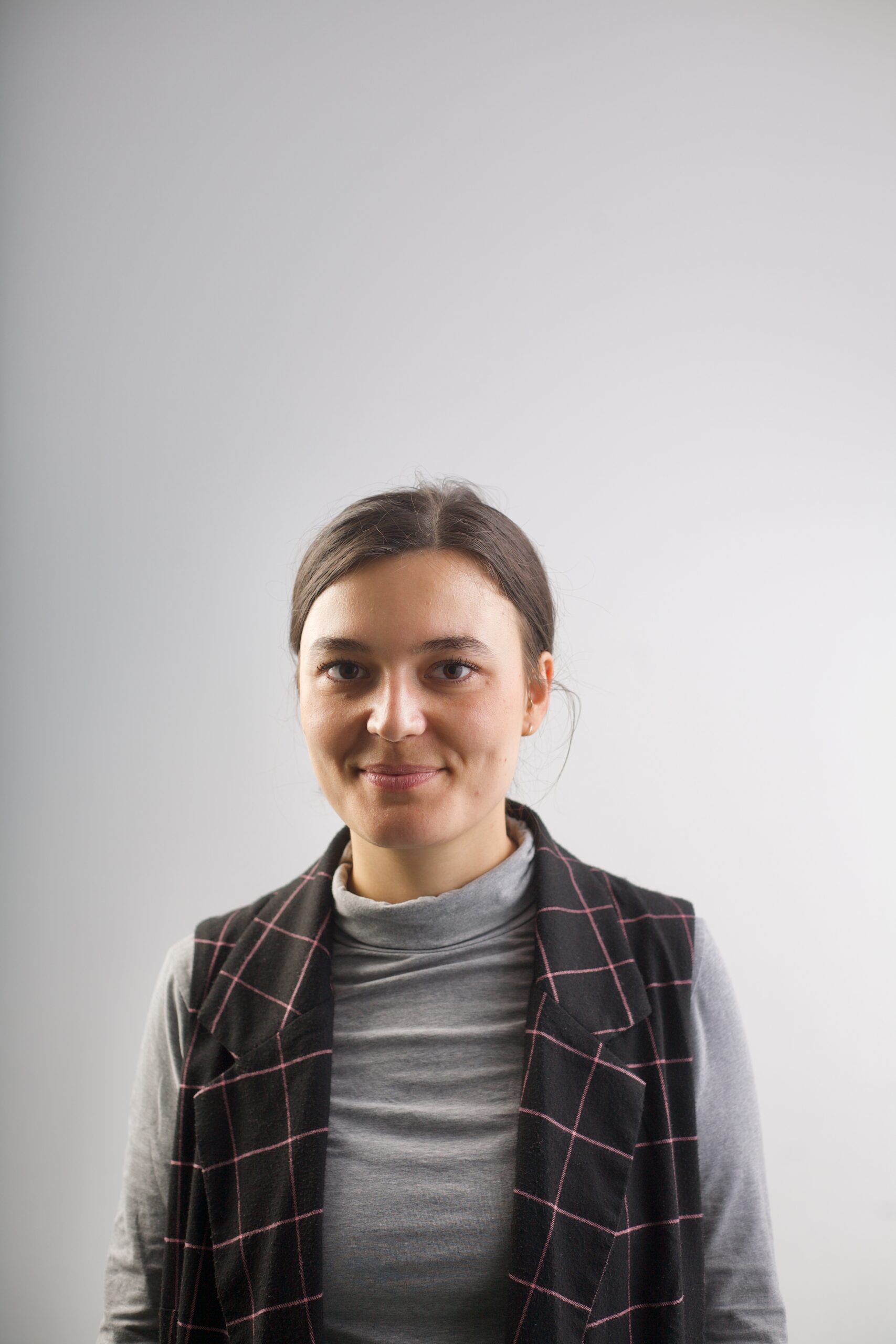Photo by Federico Di Dio photography on Unsplash
From lone-wolf to wolf-pack
A year ago, I wrote a blog post about meeting others in the network, and the strange experience of beginning a PhD during a pandemic. Despite my connection to other G-Versity Early Stage Researchers (ESRs), since writing that post, I have resumed my typical style of working—by myself.
To date, I have spent most of my PhD working in almost complete isolation. I attend conferences, but my day to day work is spent almost completely alone—just my computer and I, trying to wrestle with the next sentence. To be fair, this is partially by choice; I like to be independent while working and I feel I’m more efficient in isolation. But this is also because of the distance that separates us—the majority of us live in different countries and only see each other twice a year in person, and perhaps occasionally online in between. Regardless of the reasons, I have realised that the long months of working alone have deprived me from the opportunity to discuss my work with others in my network—people who really understand what I’m trying to achieve with my project.
In October, I had the opportunity to travel to London to begin my academic secondment. As part of this trip, I was able to spend time with other ESRs—either living in the UK or also doing their secondment—outside of a conference environment. Being able to spend an extended period of time with other ESRs opened my eyes to the rich value of their experiences and knowledge, and how much I have underestimated the power of my network. I’ve always loved seeing network members at conferences, but those are very short, intense periods of working time, leaving little room for communicating what we’re currently wrestling with, or what’s happening in the backgrounds of our lives. Spending time together in the context of a secondment allowed me to really connect and talk about my current situation at a deeper level.
As a result of this newfound knowledge, I am going to change how I approach my work for the second half of the PhD. Though my lone-wolf style of working is quite efficient, it neglects the potential for feedback from my peers. In a network this knowledgeable, not drawing on the resources of others for support and guidance—and offering mine to others in return—seems like a major oversight, something I will be remedying in the future.

Challenging manhood: When men strive for male-atypical professions (Czech Republic)
